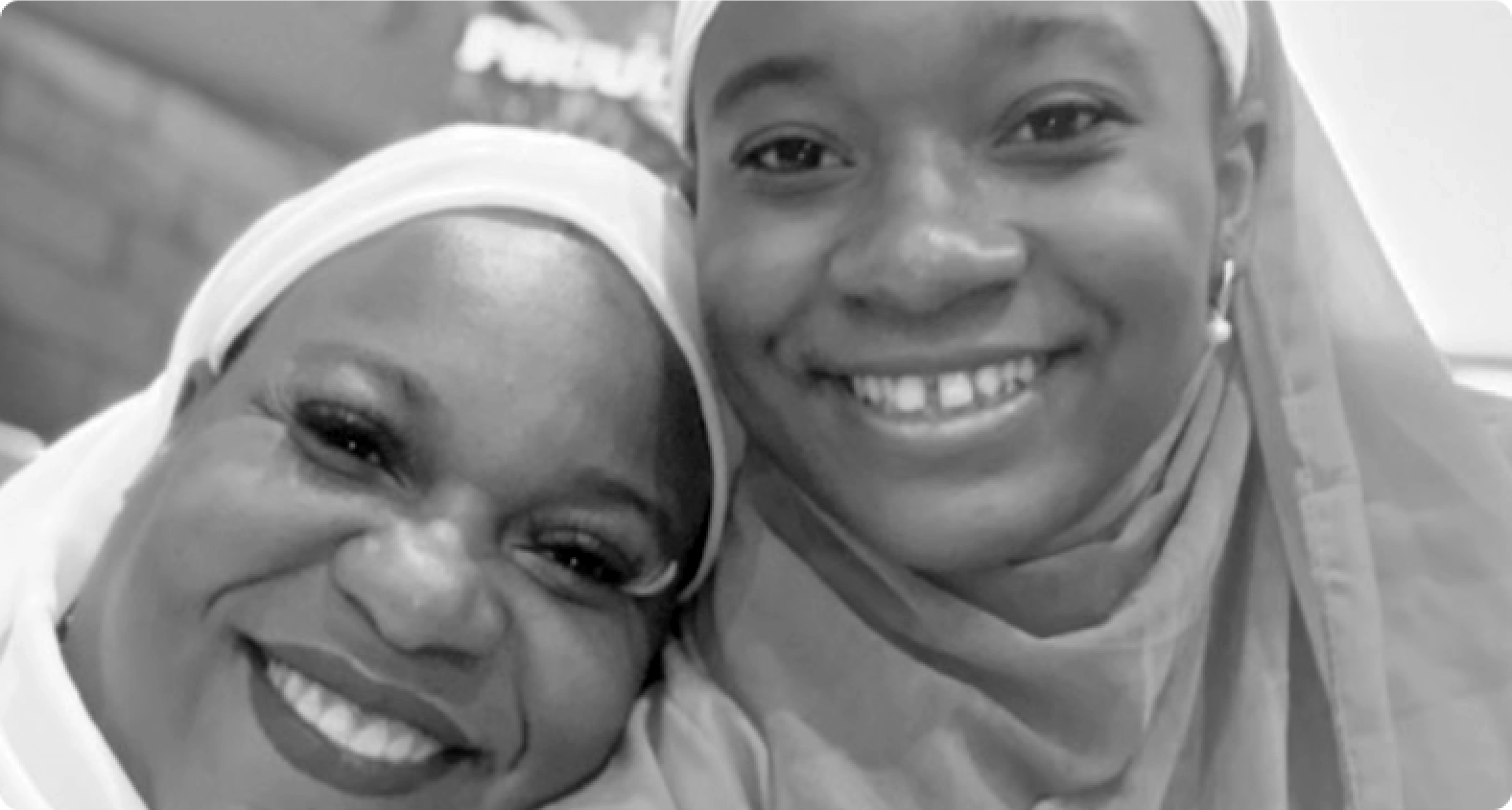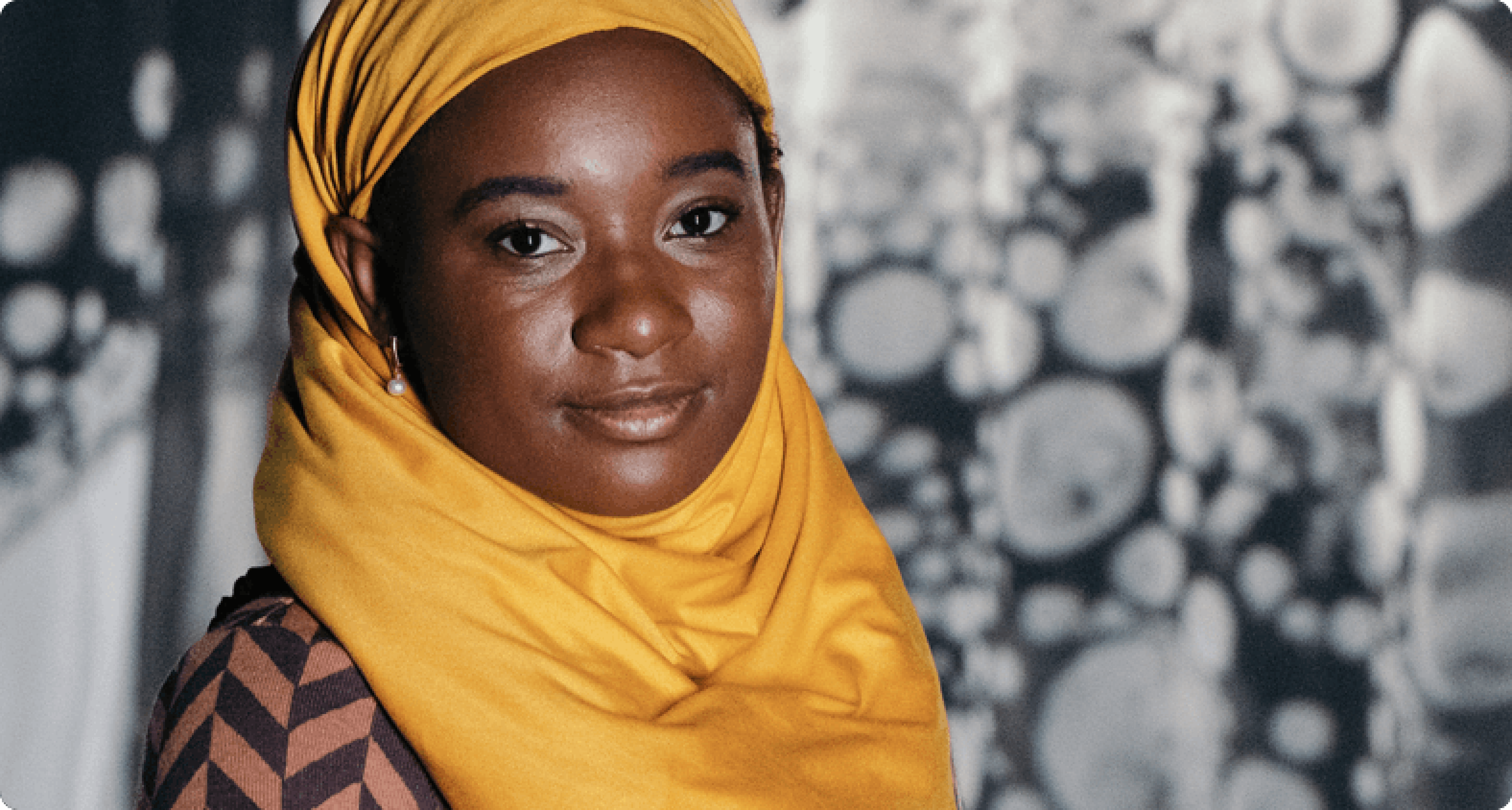When Inaayah was a child, she was diagnosed with sickle cell anemia, an inherited disorder that affects red blood cell production and can cause severe pain, infection, and fatigue. Inaayah has always done everything she can to stay on top of her health, but she still experiences painful flare ups every 3-4 months. In a recent episode, Inaayah had stabbing pains in her arms, legs, and ribs that forced her to go to the emergency room to seek help. When she arrived, she told the attending physician that her pain was a 10 out of 10, but he didn't believe her. She also shared the amount of medication she knew she needed to effectively relieve her pain, but again, she was met with reluctance. When asked about her experience she stated, "When he said, oh, your pain isn’t really a 10 out of 10, that’s when I really felt defeated." Inaayah kept advocating for herself and was finally given the dosage she was used to.

3 months later, Inaayah had a similar episode but was hesitant to go to the same hospital because of the distrust she felt towards her previous doctor. Instead, she went to see a pain management specialist that was recommended by a friend of hers. She had high hopes, but again, was met with reluctance when she told the specialist the dosage she needed. He too recommended a much lower amount.

When she asked what to do if the pain got really bad, the specialist told her to “grin and bear it” and said, “instead of reaching for the pill bottle, think of doing something else.” The Caucasian friend who recommended the doctor was the same age, stature, and height as Inaayah, with a similar nerve condition, but was given 3 times the dosage to relieve her pain. The entire situation left Inaayah feeling confused, sad, defeated and discriminated against.
Inaayah is currently a pre-medical student, so she’s aware of the racial biases that exist in the healthcare system. In her interview, she mentioned how multiple textbooks infer that Black people have a stronger pain tolerance than other races. Inaayah plans to continue advocating for herself and others who experience pain bias because she believes, “Pain should be assessed based on medical condition, not race.”